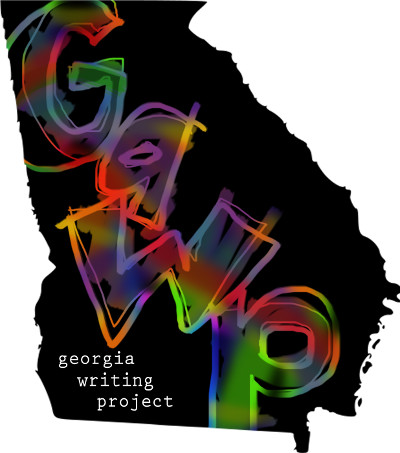The best teachers of writing are writers themselves.
This is the fundamental philosophy of the National Writing Project and the Georgia Writing Project, and it is what makes our work stand out from all the other approaches to professional learning. Writing is power, and when teachers find their power through writing they will be better equipped to support their students to find their power through writing as well.
Effective writing teachers write alongside their students; this develops understanding of students writing, models authentic writing processes for students, and positions the teacher as a writer.
But how can I be a writer when I’m not all that confident in writing myself?
The mission of the Georgia Writing Project is to improve writing and learning for all through the continued development and support of teachers as experts, writers, leaders, and knowledge builders. You can follow the advice of Donald Graves who encouraged teachers to write alongside students to provide a positive model of someone who writes and struggles just as they do. That means you jump in, don’t give a writing assignment you haven’t tried yourself, and show your students how you work through writing for different purposes and through various genres and media. This also helps to demystify writing for students, so they can see the writing process in action. In
Writing without Teachers, Peter Elbow proposes a teacher-less writing classroom, suggesting the importance of the teacher as a member of a writing community within the classroom; the beginnings of what is the foundation of today’s writing workshop, a method of writing instruction from the early work of
Donald Graves.
Try these writing activities with your students to have some fun writing and learn about each other.
We encourage you to try these lessons alongside your students (and your colleagues!) to practice being the teacher who is a writer. This will provide opportunities to engage students with lessons and activities allowing them to connect authentically to the world around them.
You can also start a writing group with your colleagues or friends from outside work.
Take the plunge, meet once a month or once a week, but come together with colleagues or friends to share your writing and give feedback to one another. Use all the awesome ideas on the “
Cultivating a Writerly Culture” ((hotlink to this page)) to get your adult writing group up and running.
“Writing is essential to communication, learning, and citizenship. It is the currency of the new workplace and global economy. Writing
helps us convey ideas, solve problems, and understand our changing world. Writing is a bridge to the future.” - The National Writing Project


